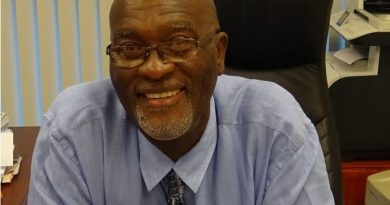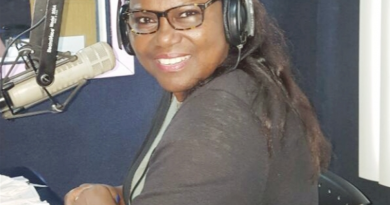Residents accuse ABS of censoring FB criticism of Government Ministers during Budget Debate
Some residents who chose to follow the Budget Debate 2023 via the Facebook page of the ABS-TV are accusing the State-run agency of gross censorship.
Ironically tagged “The Nation’s Station,” these persons tell REAL News they were prevented from commenting on the ABS page, or had their posts removed, because they were critical of the Government’s or its ministers’ performance.
At the same time, they complain, other persons who clearly support the Browne Administration were allowed to comment, criticize and even slander members of the Opposition bench.
Even as these criticisms were being leveled, management of the media house was asserting that it does “not discriminate against any views – we welcome them.”
However, it continues, ABS does monitor comments and, without notice, will remove those it deems abusive, vulgar, offensive, threatening, inciting hate or off the topic, and will deny access to repeat offenders.
But one outraged national says she was blocked, apparently for partisan political reasons.
“We don’t pay taxes?” she asks. “Just imagine that I’m watching it live on Facebook and only the ALP people-dem can comment and curse the Opposition.
“I am so upset. If you see the nasty things they said about Serpent [St. George MP Algernon Watts], and ABS didn’t remove the comments or stop them from cursing him.”
Another woman tells our Newsroom, “ABS blocked me from their Facebook page, so I didn’t hear any debate today.
“A lot of students listen to Parliament debates and I am an online college student. How is blocking students who are doing political science going to help us in any research paper?” she asks.
The State-run media house has often been accused of political discrimination, not only on its Facebook page but in its programming. Regular watchers say it rarely reports any news that is favourable to the Administration’s political opponents, or it excludes them entirely.
That exclusion has led the United Progressive Party (UPP), in particular, to cultivate its own audience through intense social-media engagement, as was demonstrated in the recent election campaign.




